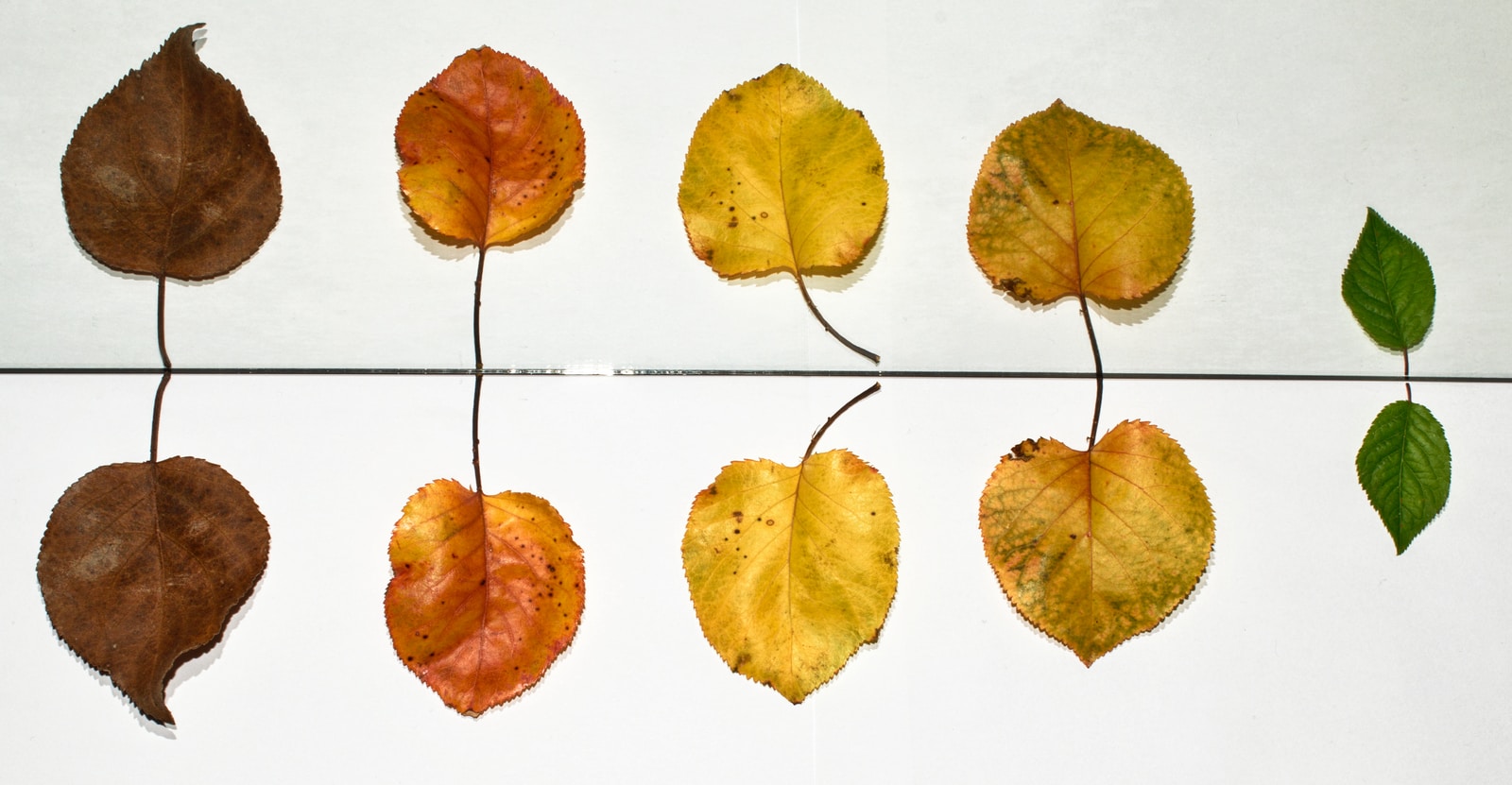When choosing what to study at college or university, it makes sense to first look at what types of jobs and industries you’ll have access to after taking those courses. Many people think that studying the sciences at university will naturally lead to a life spent in research or academia. This is most definitely not the case. There are so many careers out there that you go into with a degree in the sciences. Here are just a few.
Pharmacist – Many people think that being a pharmacist is all about handing out pills and dealing with a pharmacy management system. But there is a lot more to this particular career. Pharmacists are responsible for quality control of all medication, as well as ensuring that all customers receive the right medication and the right dosage. It’s also important that pharmacists advise people on how to take their medication and, when there is a problem, give them ideas for alternative medication.
Consultant – With a degree in the sciences you can go into many different industries as a consultant. For example, you could be an environmental consultant at a large manufacturing business. As a consultant in a particular industry, you would be using your background and knowledge to provide businesses with the relevant information and research to make informed decisions.
Science journalist – Whether you want to write about exciting new developments in the science world or talk about the latest health issues on radio, if you have a knack for communication, then this might be the job for you. According to the Council for the Advancement of Science Writing, “Of all the journalism specialties, science writing may well be the most challenging and rewarding. Science writers cover fields undergoing some of the most rapid advances in history, from stunning advances in genetics and biotechnology to exotic discoveries in astrophysics. A science writer’s week may include coverage of new discoveries about viruses, the brain, evolution, artificial intelligence, planets around other suns, and global climate change and its environmental impact, to name only a few topics.”
Teacher – Teaching the scientists and biologists of the future is a very rewarding job. If you have a way with kids and teenagers and love marking papers, then this career may just be the one for you. Of course, it involves a lot more work than many people believe (although you do get school holidays off). So, make sure that this is something you’re willing to commit to before you make the decision to become a teacher.
There are so many jobs out there that are available to science graduates. Certain careers may require extra courses or additional studying, but if it’s what you want to do, it’s worth it in the end.

